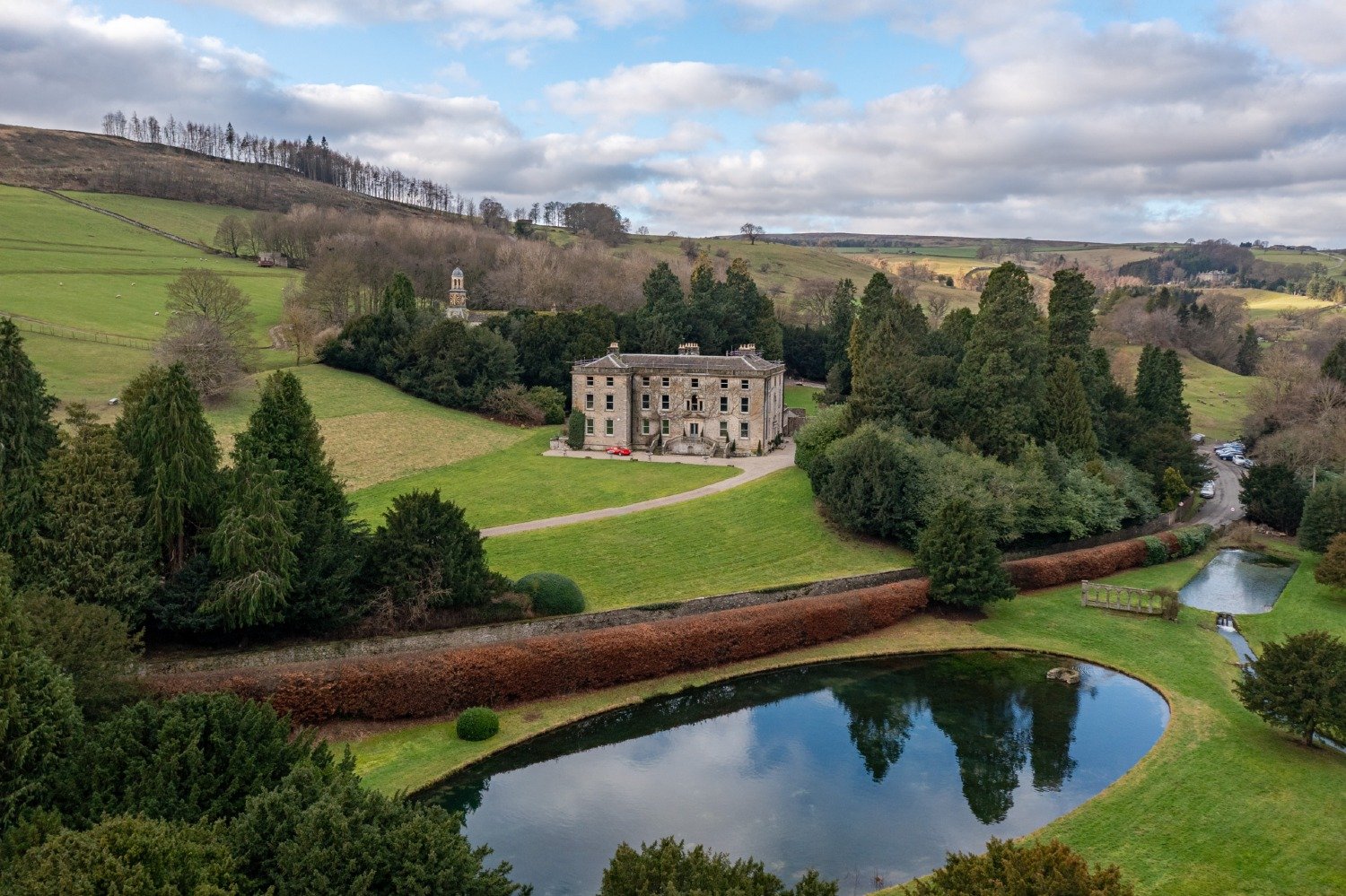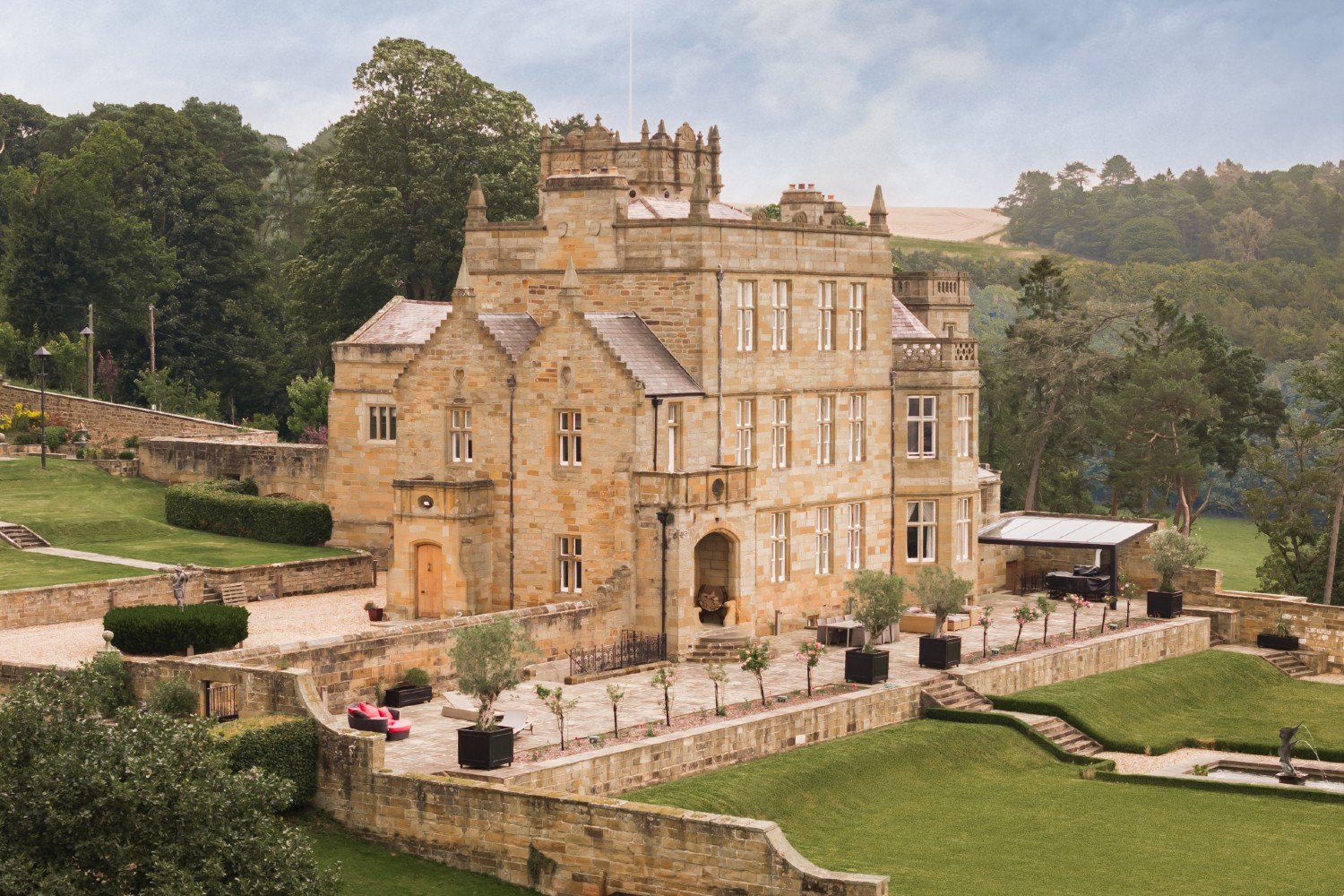Immerse yourself in the natural beauty of Australia
From world-renowned fly fishing to farms with a fascinating past, Australia’s large estates offer unique investment potential and the opportunity to truly connect with nature
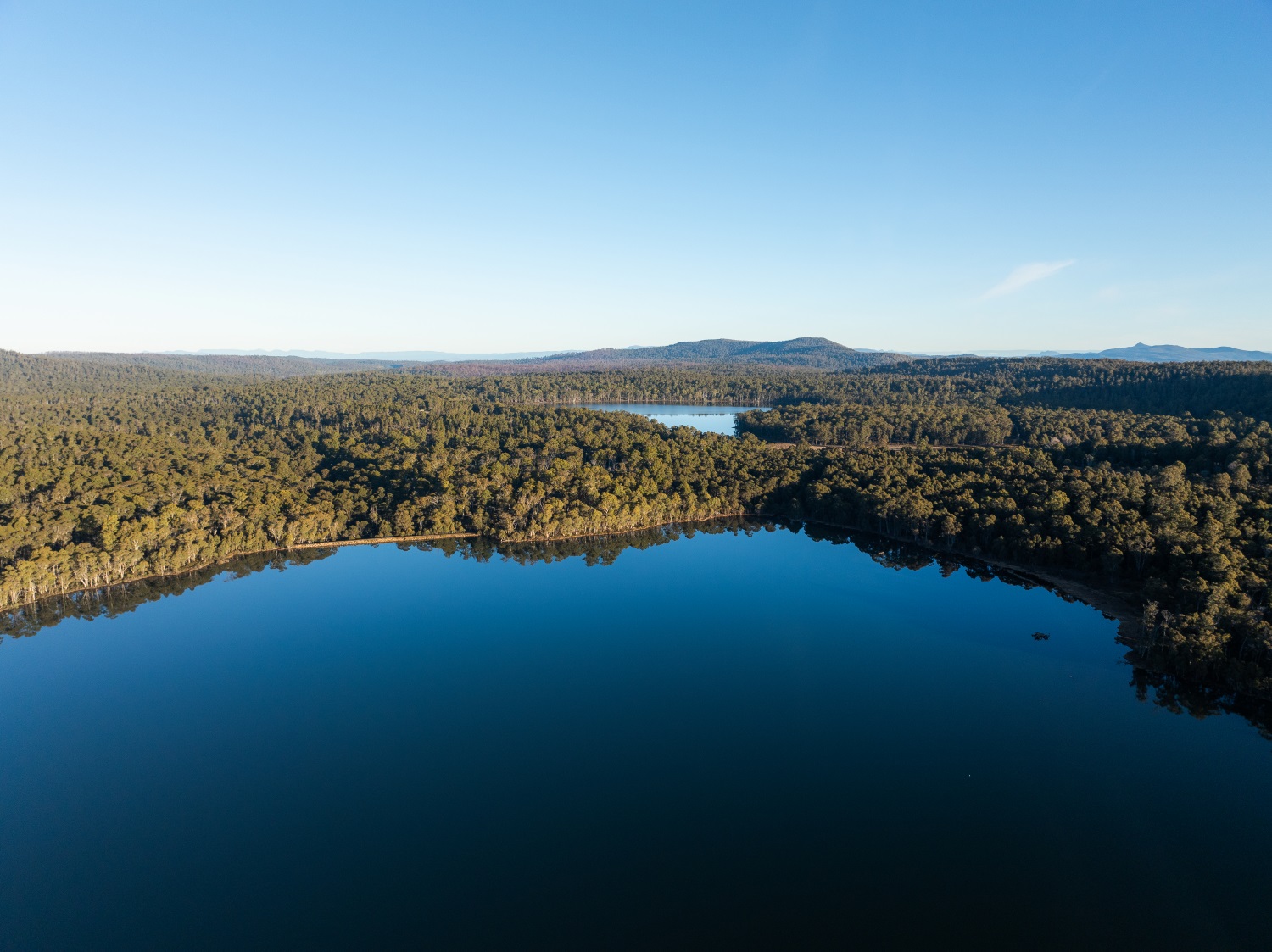
Australia’s landscape is dramatic, ancient and spectacular, with each location its own fascinating story to tell. With its large estates offering a range of opportunities, from farming, wildlife conservation and bolstering ESG credentials to lifestyle benefits, they’re enticing a diverse collection of buyers down under.
Very rarely some truly extraordinary examples come onto the market, with two recent properties - Mylora, a farming estate located in New South Wales’s Binalong district, and the expansive London Lakes in the heart of the Tasmanian central highlands - a stunning showcase of the country’s natural environment.
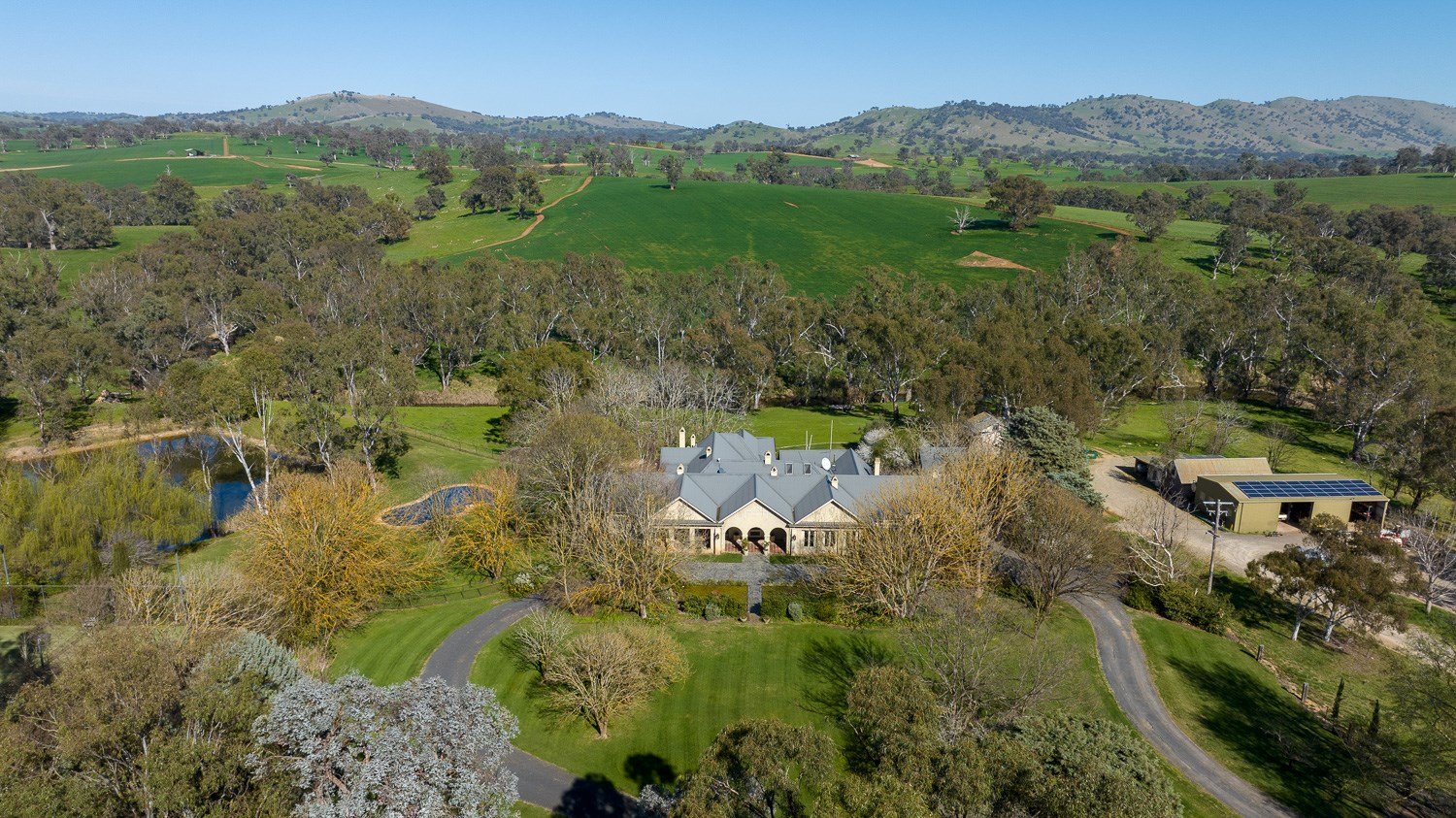
Mylora, Binalong, New South Wales
Australian folklore runs in the veins of the Binalong district. Mylora plays a key role in many of its tales, even being immortalised in the first published poem by Banjo Paterson (who famously penned the ballad ‘Waltzing Matilda’). During the gold rush of the 1850s, hold ups by infamous bushrangers were common in the area; as legend has it, two racehorses were stolen from Mylora by outlaws Johnny Gilbert and John Dunn. The location was also a key rest stop on the region’s Cobb & Co. route, which saw the transport of goods, gold and prisoners. The latter would be held in jail cells while changing horses, with Mylora’s lock-up - now a stylish self-contained apartment - still featuring the original jail bars.
Today this iconic piece of land, encompassing almost 8,000 acres, runs as a farming asset currently grazing beef cattle and Merino ewes (producing prime lambs and wool), as well as cropping of cereals and oilseeds. This is only the third time Mylora has been traded, making its sale a landmark event. “Properties of Mylora’s scale, in its prime location, are increasingly difficult to find,” says Stuart Davies, Director at McGrath.
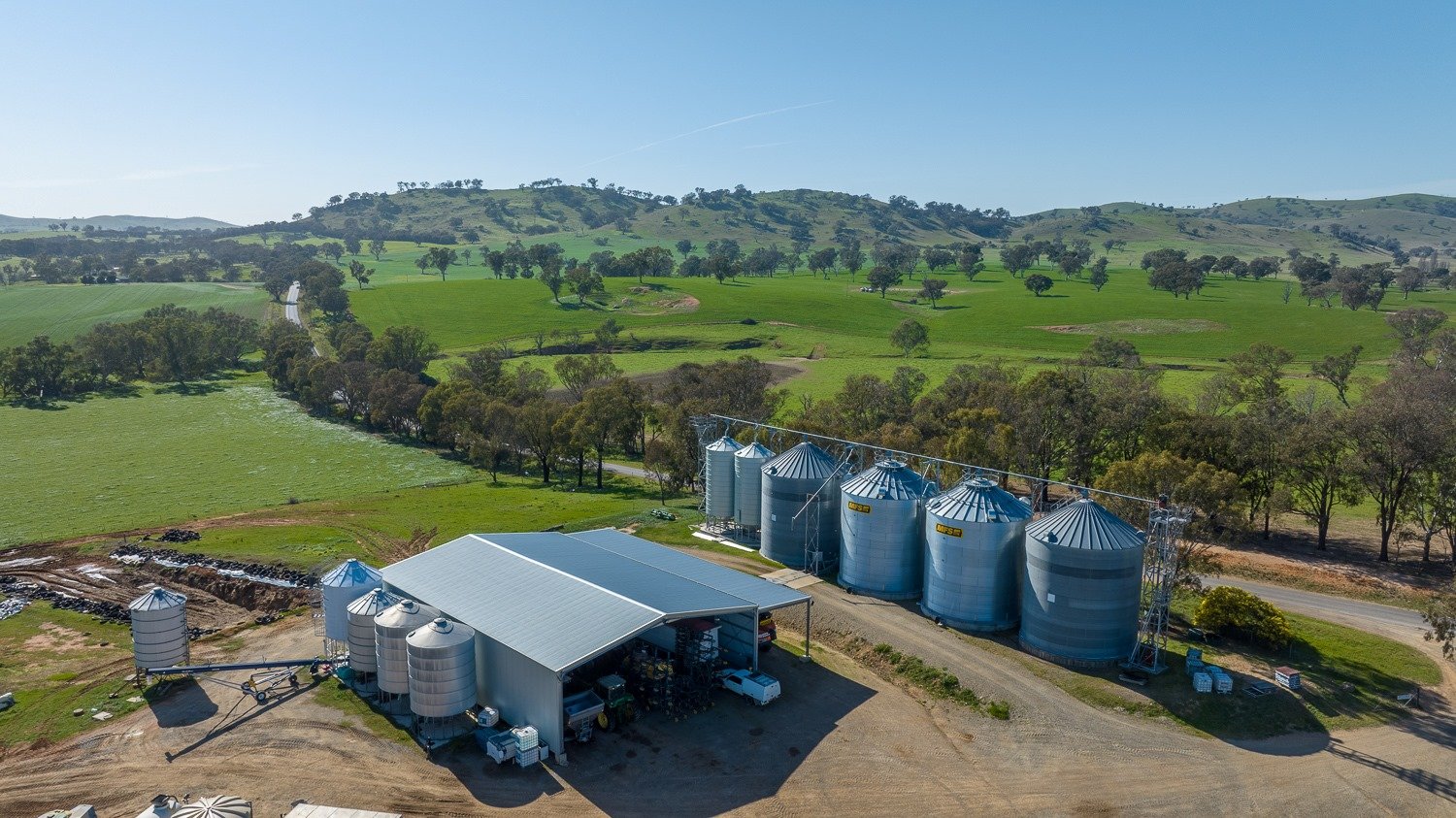
“Estates like Mylora attract generational farming families looking to increase the scale of their existing operations. Corporate agricultural entities, trophy property buyers and high net-worth individuals also show interest,” he adds. Here, McGrath works closely with Knight Frank to find the perfect match. “Knight Frank’s expertise in marketing Mylora is evident in not only its global and domestic contacts, but through its Private Office database of high net-worth individuals. The relationship we have with Knight Frank allows us to take our clients’ agricultural holdings to all four corners of the globe. No other rural marketer in Australia has this extent of reach.”
Mylora’s positioning makes it particularly favourable, with close proximity to ports, livestock centres and grain storage and processing facilities making it suitable for larger-scale operations. Meanwhile it sits in a well-populated region with access to larger hubs including the South Coast, Sydney and Canberra.
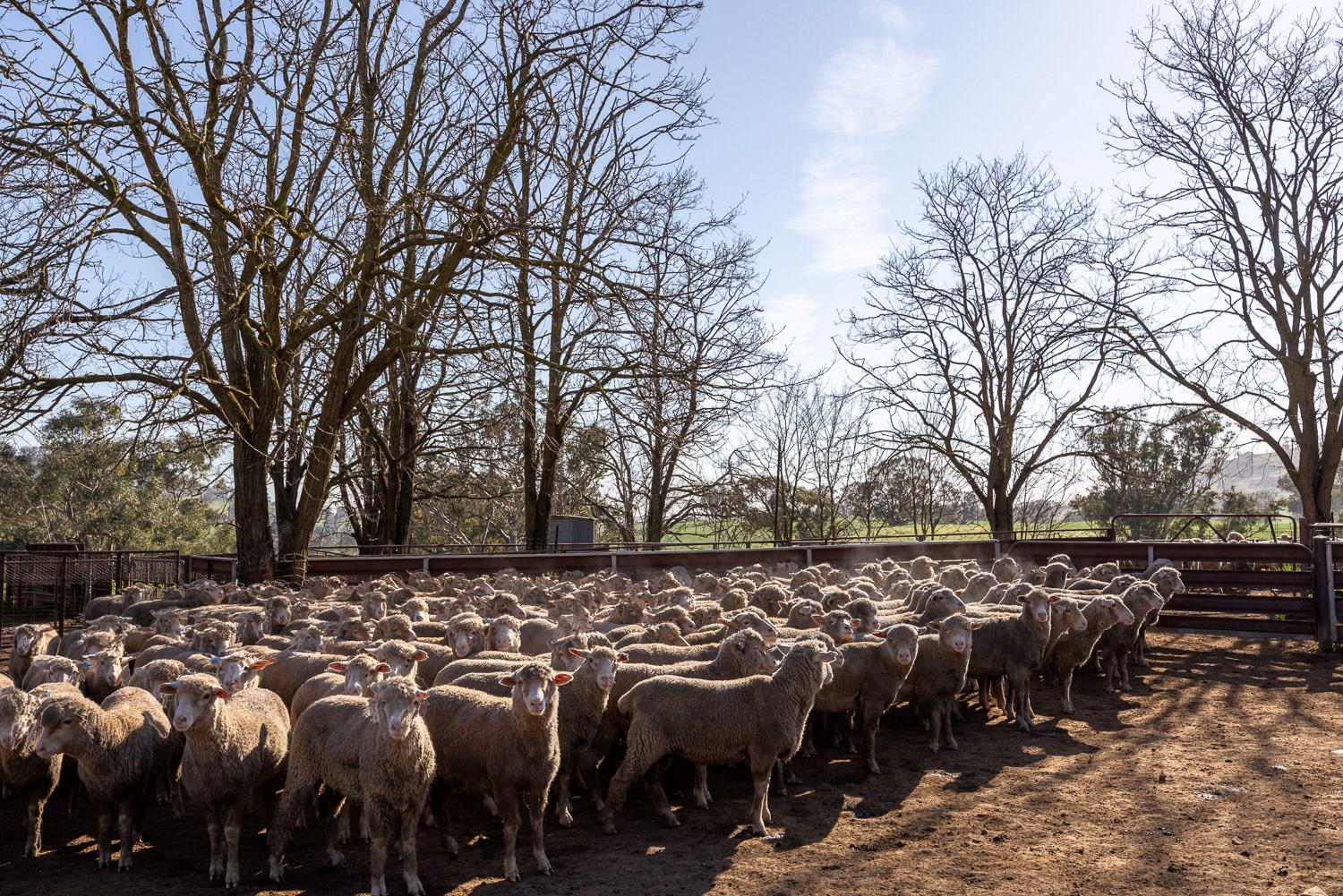
At its heart is a beautiful bluestone homestead dating back to the 1850s, thoughtfully updated while staying true to its rich heritage. “The house is approaching 200 years old. We’ve renovated it and rewired it, upgraded the landscape and added to the estate. In carrying out all the improvements we were careful to retain its historical aspect and character,” says current owner Angus Graham. “The homestead and garden are idyllic. We have the tennis court, the heated pool and spa – you don’t need to go anywhere. It is great for entertaining; we have picnics by the creek. The grounds are very private and the garden is a sanctuary - a beautiful place to de-stress at the end of the day.”
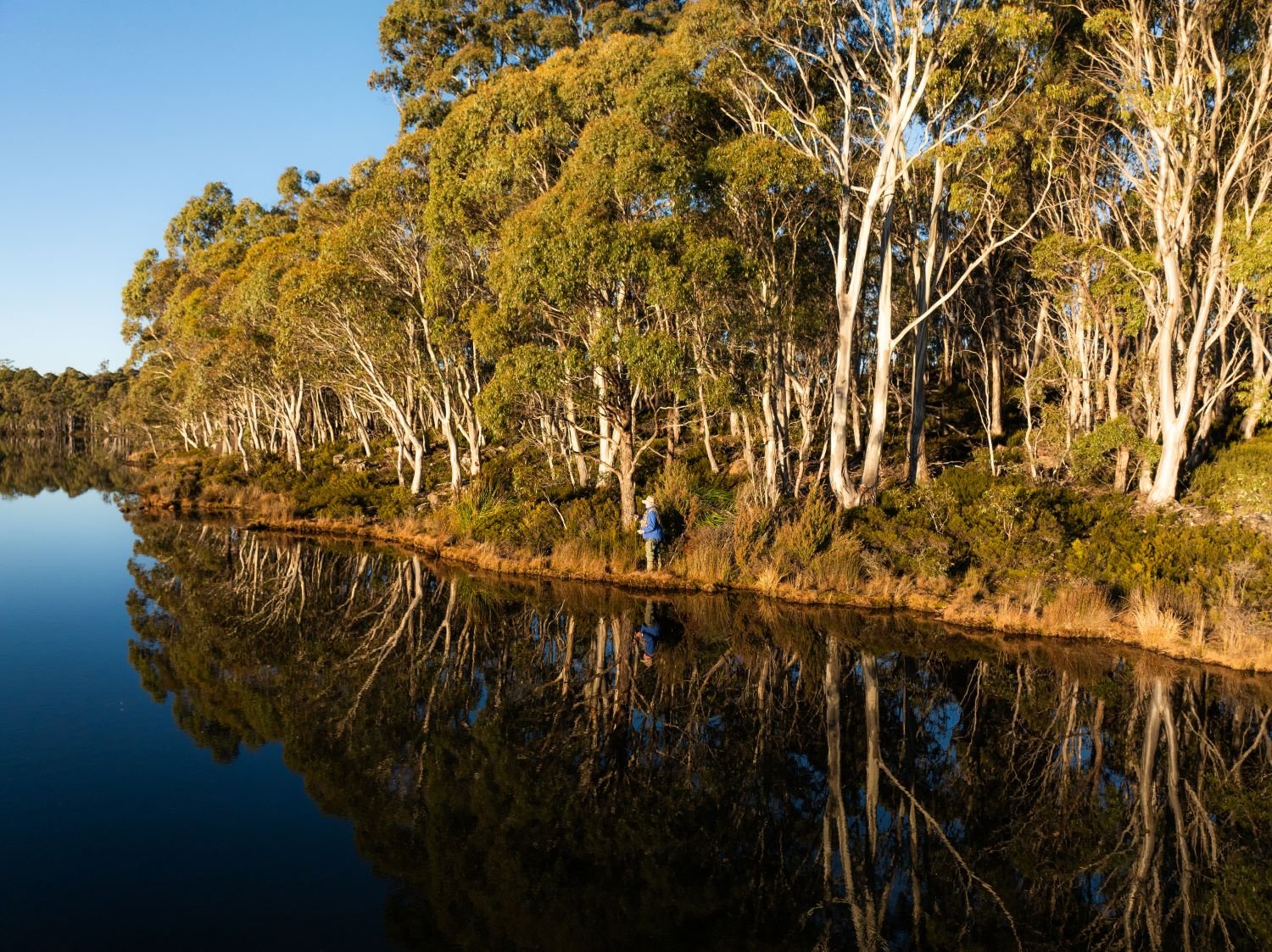
Rural hideaways don’t come more tranquil than London Lakes, a vast fly-fishing estate covering 5,000 acres and encompassing three lakes. Located in a breathtakingly beautiful part of Tasmania, in the geographic centre of the state, this untamed private wilderness also provides a refuge for the country’s plethora of wildlife. As James Patterson, CEO at Knight Frank Australia, describes, “This protected pocket of Tasmania offers the seclusion and security of one of the world’s most pristine and remote natural environments, and is alive with complex ecosystems of flora and fauna that has been fostered in a managed conservation program.”
The calming, quiet sound of flowing water is only interrupted by the many animals that call London Lakes home. A testament to its biodiversity, 87 species of birds have been spotted on site. Beyond birdwatching, visitors are also attracted to the prospect of catching a glimpse of the wide variety of intriguing wildlife that reside here. These include wallabies, wombats, platypuses and echidnas, and even more unusually the Tasmanian devil, an endangered species now only found in this island state.
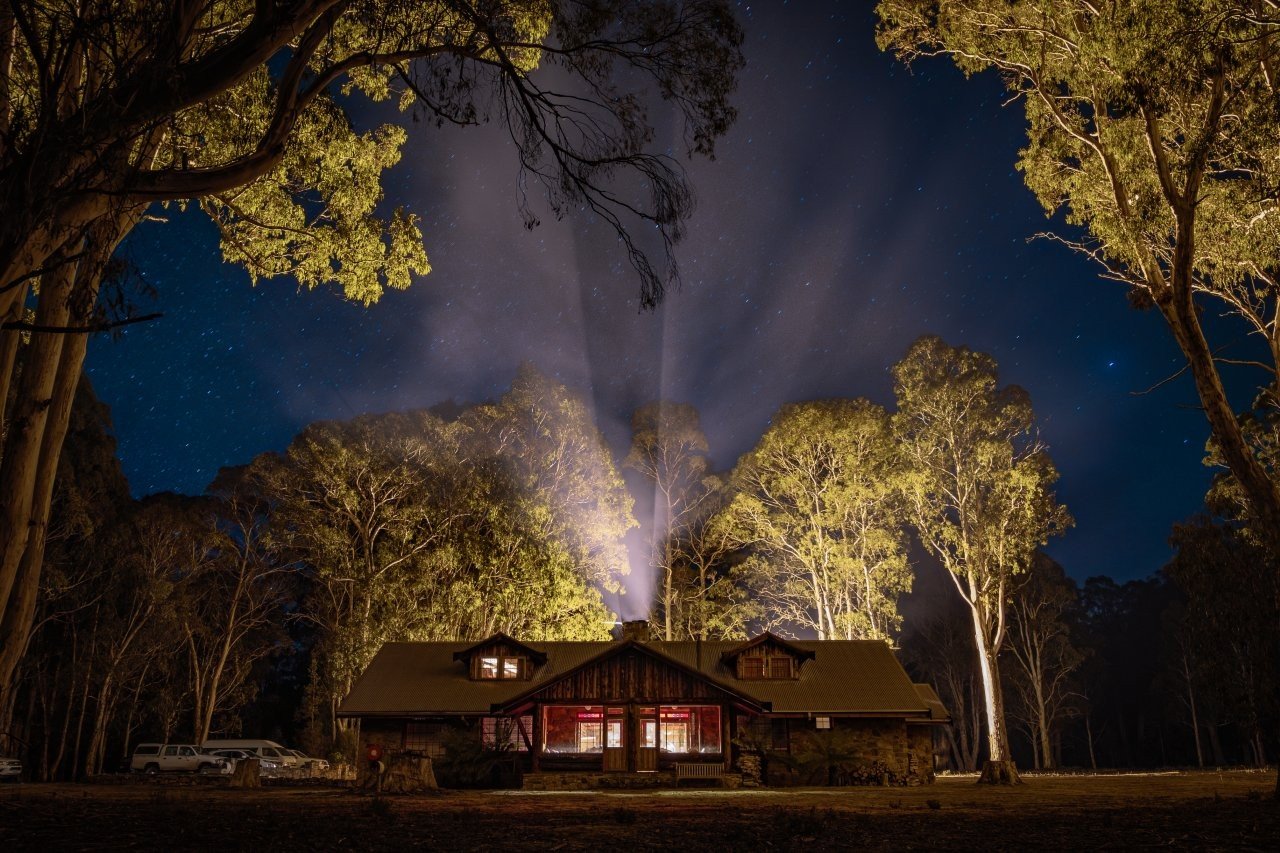
However, perhaps the biggest draw of all is the large wild population of brown trout. London Lakes in its current form began when Jason and Barbara Garrett purchased the land in 1973, over the next 15 years establishing Tasmania’s first private fly fishery that has grown to have global renown. Currently owned by a small and dedicated partnership of fishermen and environmentalists, they have made a number of substantial improvements, including a careful restocking program of wild trout.
Along with the fishery populated exclusively by brown trout from the self-spawning stream that feeds into Lake Samuel, other lakes offer both rainbow and brown trout. “London Lakes is one of Tasmania’s - if not the world’s - top fly fishing destinations,” says Patterson. “It has been host to fly fishing championships at both the national and international level and is known the world over for its challenging fishery and fish of exceptional condition.”
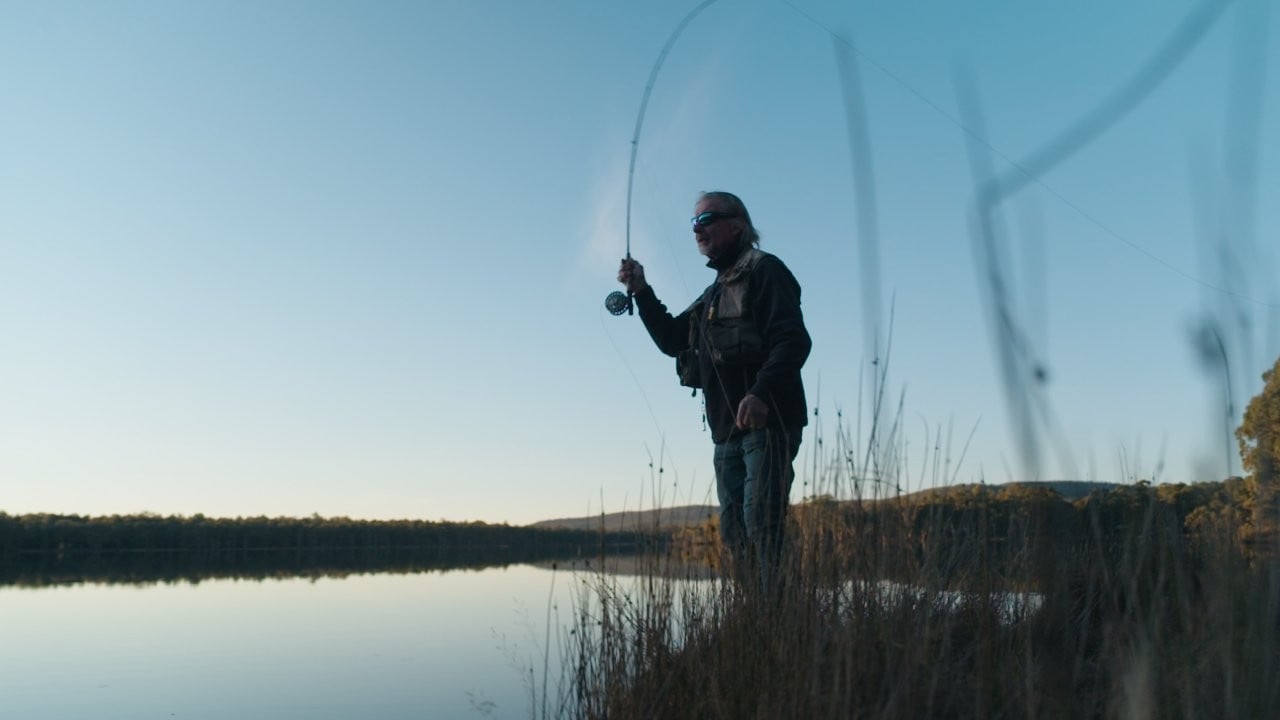
Ensuring the ultimate comfort while partaking in the pastime, there’s a plethora of accommodation on the estate. The grandest is a 520 sq metre stone and timber lodge, welcoming guests with roaring log fires, cosy entertaining spaces and six bedrooms complete with ensuites. A further four bedrooms can be found in the farmhouse, overlooking Lake Big Jim.
The sale will mark only the second time the property has been sold in more than 50 years, with the opportunity for a buyer to become the trusted guardian for this important natural gem for generations to come. “This is a really special and unique part of the world,” adds Patterson. “We are using Knight Frank’s global reach to appeal to buyers in all corners of the world. In addition to fly fishing, there are obvious natural capital and conservation opportunities, along with the benefits of a lifestyle of peace and serenity.”
